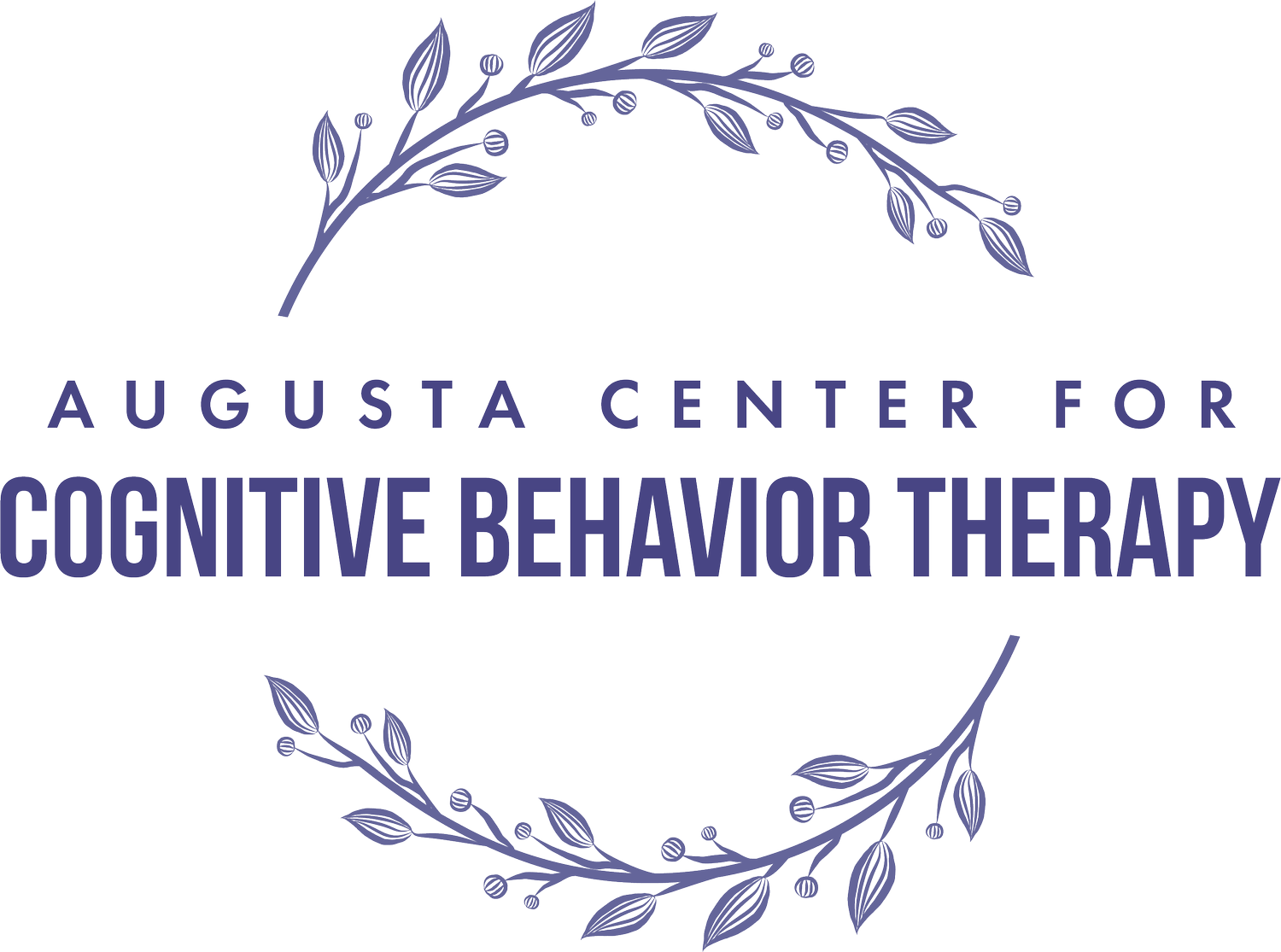Bethany Griggs
FORENSIC & CLINICAL PSYCHOLOGIST
I believe that collaboration in therapy empowers individuals to harness their strengths, perspectives, and resources, to fostering deeper understanding, growth, and meaningful change.
-
I specialize in supporting young professionals, mothers, and individuals motivated to enact positive change in their lives. Together, we'll explore your unique journey, uncovering strengths and developing strategies to navigate life's challenges with confidence and resilience. Let's embark on this transformative journey together, empowering you to thrive and achieve your fullest potential.
-
Veterans: Our therapy services honor the sacrifices and experiences of veterans, providing specialized support to address the unique challenges they face. From PTSD to transition-related stress, we offer tailored interventions to promote healing, resilience, and successful reintegration into civilian life.
Postpartum Mental Health: Embracing mothers with compassion and understanding, our therapy services provide a supportive environment to navigate the complexities of postpartum mental health. Whether grappling with mood disorders, adjusting to new roles, or coping with parenting stress, we offer guidance and strategies to foster emotional well-being and maternal flourishing.
Anxiety: In the face of uncertainty and distress, our therapy offers a lifeline for individuals struggling with anxiety. Through evidence-based techniques and personalized interventions, we empower clients to manage their worries, regain control, and cultivate inner peace, facilitating a path to resilience and enhanced well-being.
Forensic Evaluation: Our forensic evaluation services provide thorough and objective assessments to address legal matters, offering expert insights and professional opinions to inform legal proceedings. With meticulous attention to detail and adherence to ethical standards, we strive to deliver accurate and reliable evaluations to support the legal process effectively.
Psychological Testing: Our psychological testing services offer comprehensive assessments to explore cognitive, emotional, and behavioral functioning. From assessing intelligence and personality to diagnosing mental health conditions, we utilize standardized measures and expert interpretation to provide valuable insights and inform treatment planning effectively.
-
Dr. Bethany Griggs holds a Doctorate in Clinical Psychology with a specialization in Forensic Family/Child Psychology from the California School of Professional Psychology at Alliant International University, San Francisco. Complementing this, she earned a Master's degree in Counseling Psychology with an emphasis on Marriage and Family Therapy from John F Kennedy University.
With a robust background spanning over a decade, Dr. Griggs has demonstrated expertise in diverse clinical settings. Presently, she serves as the Chief Operating Officer and Co-owner, of Augusta Center for Cognitive Behavior Therapy in Evans, GA, providing invaluable leadership and therapeutic support. Previously, at Empower Mental Health, Dr. Griggs conducted compensation and pension evaluations for military veterans.
Her extensive experience includes roles as a Forensic Psychologist at the Department of Behavioral Health and Developmental Disabilities in Georgia, where she worked with a multidisciplinary team in maximum-security forensic hospitals, offering treatment to individuals facing complex mental health challenges within legal frameworks. Throughout their career, she have supervised staff, conducted psychological assessments, and provided expert testimony, showcasing their proficiency in forensic evaluations and risk assessments.

Ask Bethany…
-
A psychological forensic evaluation is a comprehensive assessment conducted by a trained psychologist to evaluate an individual's mental health, personality traits, and cognitive functioning in the context of legal proceedings. This evaluation aims to provide insights into the individual's psychological state, behavior, and potential impact on legal matters, such as competency to stand trial, mental state at the time of the offense, or child custody evaluations.
-
Psychological testing is helpful because it provides objective and standardized measures to assess various aspects of an individual's cognitive, emotional, and behavioral functioning. These assessments offer valuable insights into a person's strengths, weaknesses, and areas of concern, aiding in accurate diagnosis, treatment planning, and intervention strategies. Additionally, psychological testing can help monitor progress over time, guide therapeutic approaches, and inform decision-making in various settings such as clinical practice, education, and forensic evaluations.
-
Psychodynamic psychotherapy can benefit individuals experiencing a wide range of mental health concerns, including depression, anxiety disorders, personality disorders, trauma-related disorders, and relational difficulties. It is particularly well-suited for addressing underlying emotional conflicts, unresolved childhood experiences, and relationship patterns that contribute to psychological distress. Through exploration of unconscious processes and interpersonal dynamics, psychodynamic therapy aims to increase self-awareness, improve emotional regulation, and foster deeper insight and personal growth.
-
A psychological disability evaluation is a comprehensive assessment conducted by a qualified psychologist to determine the impact of a mental health condition on an individual's ability to function in various domains of life, such as work, education, or daily activities. This evaluation involves gathering information through interviews, standardized assessments, and collateral sources to evaluate the individual's symptoms, cognitive abilities, and functional limitations. The results of the evaluation are used to provide recommendations for accommodations, treatment planning, or disability benefits eligibility.
-
The main difference between a clinical social worker and a clinical psychologist lies in their training and approach to therapy. Clinical social workers typically hold a Master's degree in social work (MSW) and are trained to provide therapy within a social and environmental context. They often focus on addressing systemic factors impacting mental health and providing practical support and resources to clients. In contrast, clinical psychologists hold a doctoral degree (Ph.D. or Psy.D.) in psychology and specialize in psychological assessment and therapy. They tend to emphasize individual psychological processes and use various therapeutic techniques to address mental health concerns.
SCHEDULE YOUR APPOINTMENT
SCHEDULE YOUR APPOINTMENT
READY TO GET STARTED?



